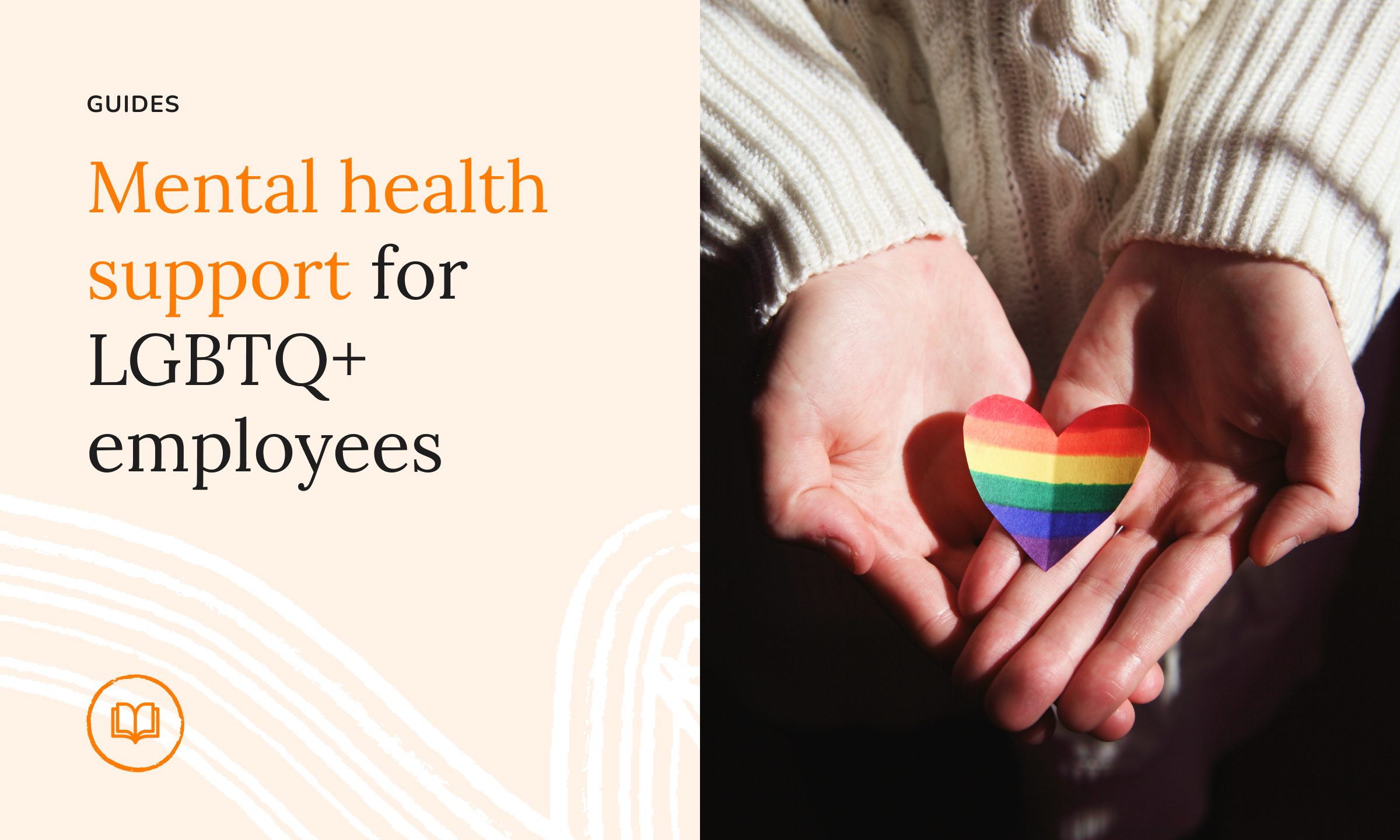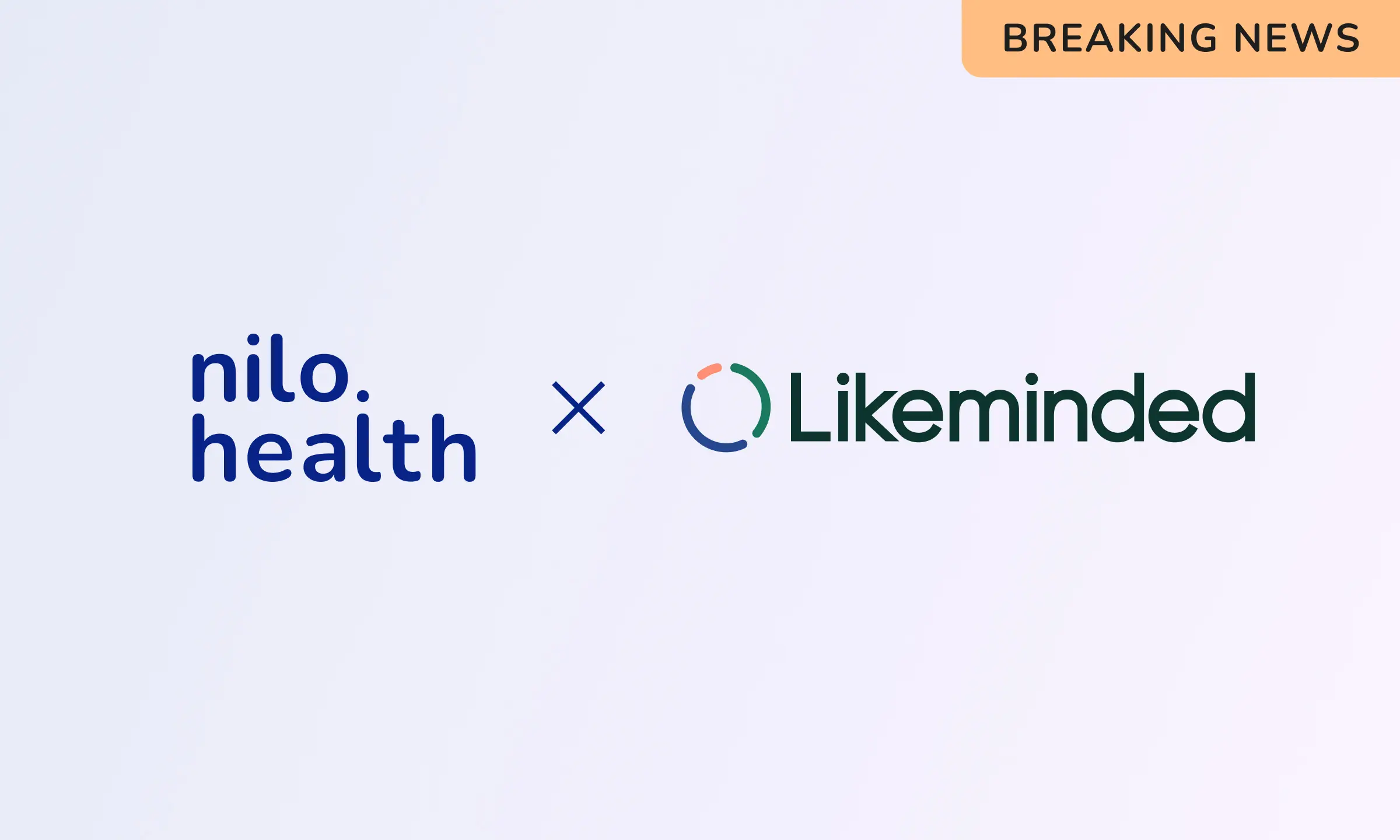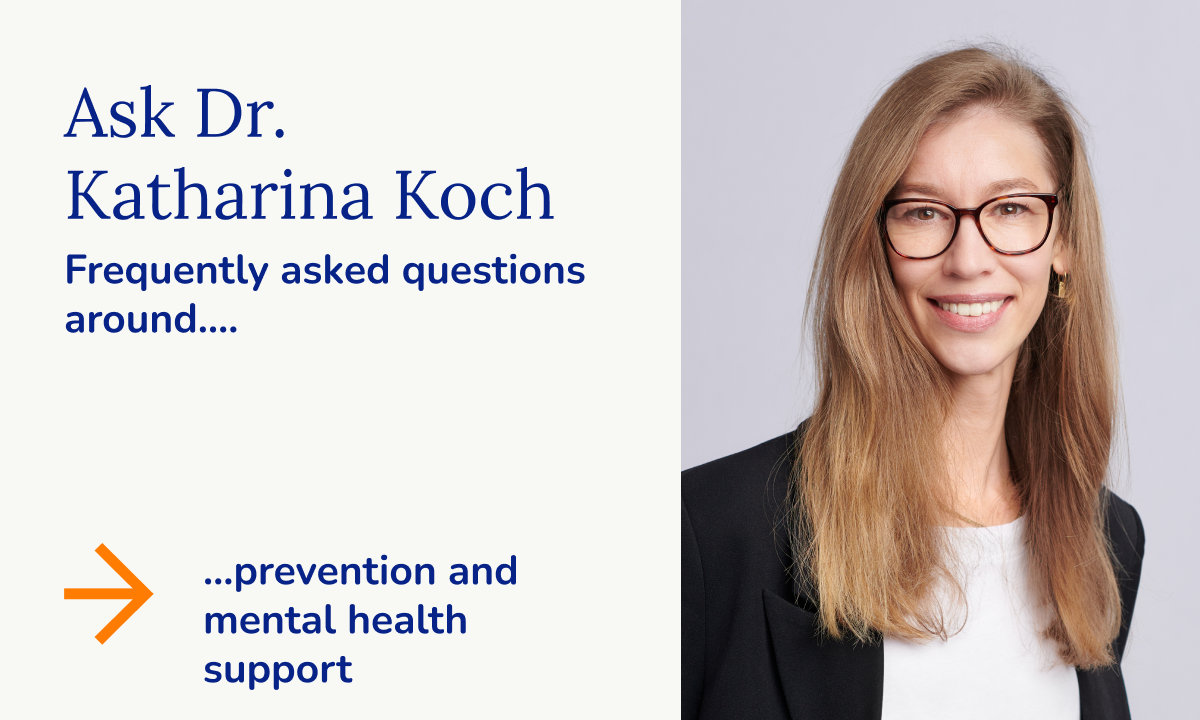Part of the contradiction of supporting your employees is that you have to look after your team – but everyone is different. Individual needs may feel like they conflict with your larger responsibility to care for the whole company. One way around this is to ensure you consider the needs of specific groups within your organization, like people of colour, neurodivergent people, and LGBTQ+ employees, for example.
Don’t forget your intersectionality: Often these groups intersect! But by considering specific needs one at a time, you build a welcoming and inclusive workplace with a company whose diversity leads it to new heights of innovation. Here’s our guide to providing mental health support for LGBTQ+ employees.

Inclusive workplaces prioritize the mental well-being of all employees. But this doesn’t mean a one size fits all approach: rather, inclusive workplaces need to consider every employee’s individual needs and identity to be able to offer them the best support. During Pride Month, we want to shine a spotlight on LGBTQ+ employees as a particular group employers can take actionable steps to care for.
LGBTQ+ people typically have higher rates of mental health challenges. A study by Stonewall found that more than half of LGBTQ+ people have experienced depression, and three in five have experienced anxiety. It is therefore crucial for HR and leadership to understand LGBTQ+ individuals’ specific needs in order to provide appropriate support. In this article, we’ll break down the challenges facing LGBTQ+ people, discuss effective methods of support, and provide actionable strategies for workplaces to create a supportive environment.
Why LGBTQ+ Individuals Need Specific Mental Health Support
Why do LGBTQ+ people experience higher levels of mental health challenges?
Despite advancements in LGBTQ+ rights, workplace discrimination remains a persistent issue.
There are a range of reasons, but some of the most common include:
- Stigma and Discrimination: LGBTQ+ individuals often face societal stigma and discrimination, which can lead to heightened levels of stress, anxiety, and depression. This added burden can significantly impact their mental well-being.
- Minority Stress: The experience of minority stress, resulting from being part of a marginalized group, can contribute to mental health issues such as low self-esteem, internalized homophobia or transphobia, and identity-related struggles.
- Double Minority Status: LGBTQ+ individuals who belong to other marginalized groups, such as people of color, individuals with disabilities, or immigrants, may face multiple forms of discrimination and intersecting identities. These individuals often experience higher rates of mental health issues due to the compounded effects of discrimination and societal marginalization.
- Family Rejection: Family rejection due to sexual orientation or gender identity can have severe psychological consequences, including feelings of isolation, loneliness, and a lack of support systems.
- Workplace Discrimination: Despite advancements in LGBTQ+ rights, workplace discrimination remains a persistent issue. Many LGBTQ+ employees face discrimination in various forms, including but not limited to: unequal treatment, harassment, microaggressions, and exclusionary practices.
- Career Advancement and Opportunities: Workplace discrimination can hinder career advancement and limit opportunities for LGBTQ+ employees. Biased decision-making, unequal access to promotions, and glass ceilings based on sexual orientation or gender identity contribute to feelings of frustration, demoralization, and reduced job satisfaction, which can impact mental well-being.
- Concealment and Inauthenticity: In environments where discrimination persists, some LGBTQ+ employees may feel compelled to conceal their sexual orientation or gender identity to avoid discrimination or negative consequences. This burden of hiding one’s true self can lead to heightened stress, anxiety, and a diminished sense of belonging.
Mental Health Support for LGBTQ+ Individuals
With this array of challenges facing LGBTQ+ people, it’s no wonder that specific levels of support are required in order to provide a truly inclusive workplace.
Promoting mental health support for LGBTQ+ employees not only improves their well-being but also enhances overall workplace productivity and inclusivity.
Here are some support methods which have proven critical to boosting LGBTQ+ well-being in the past.
- Accessible Mental Health Services: Ensure that LGBTQ+-friendly mental health resources are easily accessible to employees. Collaborate with mental health professionals who are knowledgeable about LGBTQ+ issues and can provide appropriate support. For example, nilo.health offers a platform that allows employees to specifically request a therapist versed in LGBTQ+ issues and concerns.
- Employee Resource Groups (ERGs): Encourage the establishment of LGBTQ+-focused ERGs where employees can connect, share experiences, and provide support to one another. ERGs also facilitate communication between employees and the leadership team.
- Cultural Sensitivity Training: Conduct training sessions to raise awareness about LGBTQ+ issues, promote inclusivity, and foster a respectful work environment. Educate employees and leaders about appropriate language, pronouns, and respectful behaviors.
How Can My Company Support LGBTQ+ Employees in the Workplace?
Need further tips? Here are some further actionable methods to ensure that you’re taking care of your LGBTQ+ employees.
- Nondiscrimination Policies: Develop and enforce comprehensive policies that explicitly prohibit discrimination based on sexual orientation, gender identity, or expression. Communicate these policies clearly to all employees.
- Gender-Neutral Facilities: Provide gender-neutral restrooms and locker rooms to create an inclusive environment that respects individuals’ gender identities and expressions.
- Inclusive Benefits and Family Leave: Offer inclusive benefits that encompass gender-affirming healthcare, mental health support, fertility and reproductive assistance, parental leave policies, training and education, and non-discrimination policies, to create an environment that acknowledges and supports the unique needs of LGBTQ+ individuals.
- Celebrate LGBTQ+ Diversity: Embrace diversity by organizing LGBTQ+ events, supporting Pride Month, or participating in community initiatives. These actions demonstrate solidarity and make employees feel valued and supported.
Promoting mental health support for LGBTQ+ employees not only improves their well-being but also enhances overall workplace productivity and inclusivity. By recognizing the unique challenges LGBTQ+ people face and implementing tailored strategies, HR and leadership professionals can create an environment where LGBTQ+ employees can thrive.
Prioritizing mental health support helps foster a culture of empathy, respect, and acceptance for all individuals, regardless of their sexual orientation or gender identity. Together, let’s build a workplace where everyone feels safe, supported, and empowered to be their authentic selves. You can start today with a free nilo.health demo!







